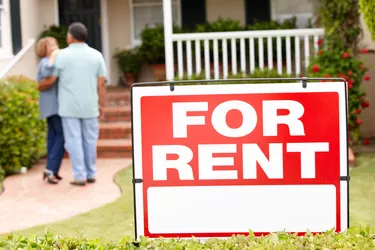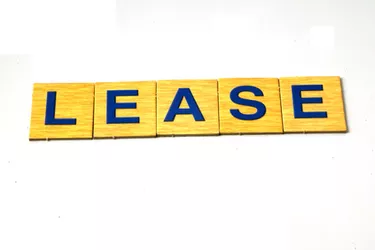
Technically speaking, all tenants in New Jersey have a lease. There are some differences, however, between a long-term lease and a month-to-month lease. If you have a periodic tenancy in New Jersey, you will be pleased to hear that you have many of the same rights as more long-term tenants in the state. Knowing your rights will help you avoid mistreatment from unscrupulous landlords.
Video of the Day
If you do not have a specified time period for the length of your lease, New Jersey law sets the time period at one month. Your landlord cannot arbitrarily evict you at the end of each month. He has to provide you with at least 30 days' notice that he wishes to end your tenancy. Similarly, you must also provide the landlord with 30 days' notice that you intend to end your tenancy.


Video of the Day
As a periodic tenant, you are subject to the same laws as long-term tenants with regard to rent increases. All tenants may only have their rent increased at the end of their lease. This means that as a periodic tenant, your landlord must serve you with 30 days' notice that he intends to end your existing lease and increase your rent. Refusing to pay the increase indicates you are not agreeing to it; however, the landlord can then begin eviction proceedings against you. New Jersey law prohibits unconscionable increases.